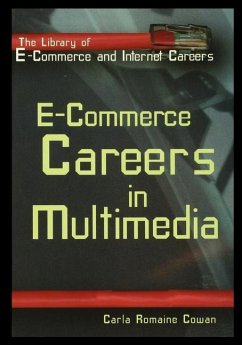
Pragmatica de la Comunicacion Digital

PAYBACK Punkte
7 °P sammeln!
"During confinement, it has been essential to transfer communication to the intangible means of the web: Zoom, Skype and a thousand other platforms have allowed us to continue getting to know each other, talking, looking at each other's faces, teaching, learning, making music and many other things. However, it is undeniable that something has changed: the tools at our disposal are not the same. Eye contact no longer exists, the voice with its inflections becomes much more important, the image on the screen becomes an icon, physical contact is impossible. How to adapt our communication to the d...
"During confinement, it has been essential to transfer communication to the intangible means of the web: Zoom, Skype and a thousand other platforms have allowed us to continue getting to know each other, talking, looking at each other's faces, teaching, learning, making music and many other things. However, it is undeniable that something has changed: the tools at our disposal are not the same. Eye contact no longer exists, the voice with its inflections becomes much more important, the image on the screen becomes an icon, physical contact is impossible. How to adapt our communication to the digital context? In this essay Giorgio Nardone, Stefano Bartoli and Simona Milanese analyze the new forms of online communication from all angles. This book constitutes an essential instruction manual for the proper use of increasingly widespread communication."--













